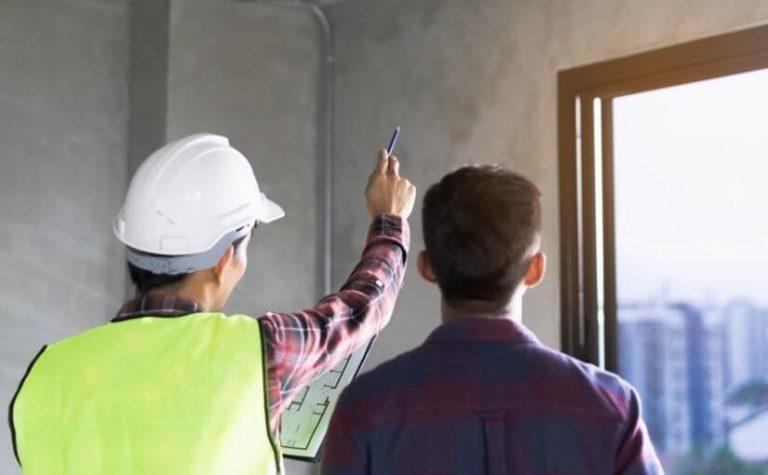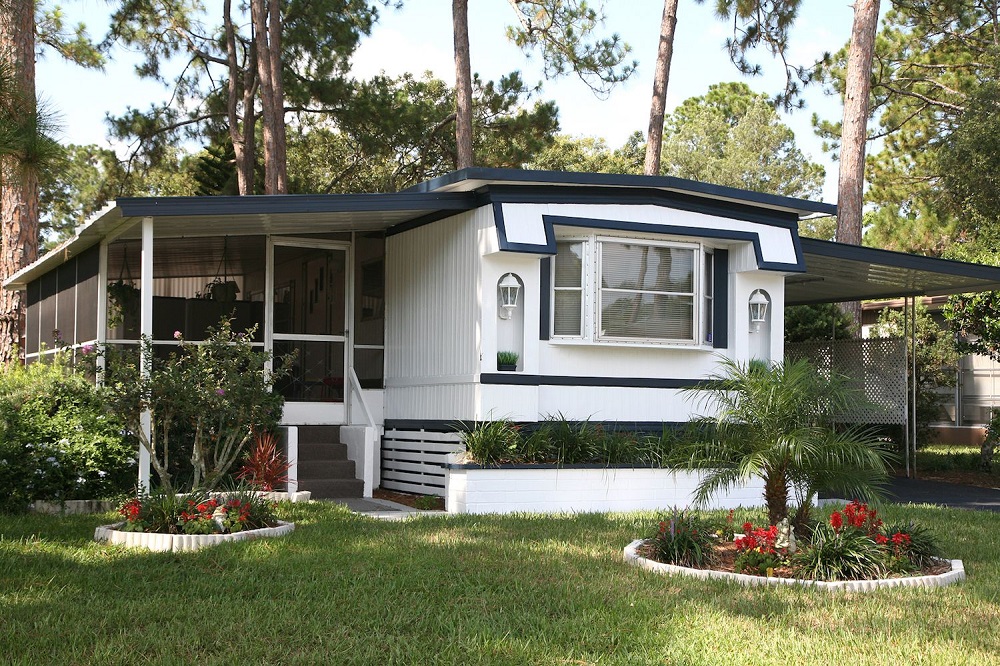The Impact of Residential Heat Pump Installations on Energy Efficiency

As we become more conscious of our environmental impact and the costs of energy, many homeowners are exploring options to improve their home’s energy efficiency. One solution that has gained attention in recent years is the residential heat pump installation. This blog post will delve into how heat pumps work and their impact on energy efficiency.
An Introduction to Heat Pumps
To understand the energy efficiency of heat pumps, it’s essential to know how they operate. Unlike traditional heating systems that generate heat, heat pumps work by transferring heat from one place to another. During the colder months, heat pumps extract warmth from the outside air or ground and move it inside your home. Conversely, in the warmer months, they remove heat from your home and release it outdoors, thereby acting as an air conditioner.
This innovative technology makes heat pumps incredibly efficient since they simply move heat instead of creating it, resulting in lower energy consumption.
Residential Heat Pump Installation: A Pathway to Energy Efficiency
Now that we understand how heat pumps work let’s explore the impact of heat pump installation on energy efficiency.
Lower Energy Consumption
The most significant advantage of heat pumps is their low energy consumption. As mentioned earlier, heat pumps don’t create heat; instead, they transfer it. This process requires less energy than traditional heating systems, leading to a decrease in energy use.
Reduced Carbon Footprint
By reducing energy consumption, heat pumps also contribute to a lower carbon footprint. Traditional heating systems often rely on fossil fuels, contributing to greenhouse gas emissions. In contrast, heat pumps use electricity, and if sourced from renewable energy, can provide a completely green heating solution.
Cost Savings
Reduced energy consumption also translates into cost savings. While the initial investment for a heat pump installation may be higher than conventional heating systems, the long-term savings on energy bills make it a cost-effective choice in the long run.
The Role of Proper Installation
To fully reap the benefits of a heat pump, proper installation is crucial. A poorly installed heat pump can lead to inefficiencies and increased energy use, negating its potential benefits. Therefore, it’s essential to hire a professional and experienced installer for your heat pump installation.
The installer should consider several factors, including the size of your home, the local climate, and insulation levels, to select the right heat pump and ensure it’s correctly installed. This way, you can optimize the energy efficiency of your heat pump and enjoy the full range of its benefits.
Factors to Consider in Installation
While residential heat pump installations offer significant energy efficiency benefits, there are essential factors to consider when installing these systems:
Sizing
It’s crucial to size the heat pump correctly for your home. An undersized unit may struggle to maintain the desired temperature, while an oversized unit can lead to inefficiency and discomfort.
Professional Installation
Professional installation ensures that the heat pump operates optimally. Technicians can select the right location, perform proper refrigerant handling, and ensure the system is correctly balanced.
Maintenance
Regular maintenance is essential to keep the heat pump functioning efficiently. This includes cleaning air filters, checking refrigerant levels, and inspecting components.
Compatibility
The type of heat pump you choose should be compatible with your home’s construction, layout, and heating and cooling needs.
Local Climate
Consider your local climate when selecting a heat pump. Some types are more suitable for specific climates, so consult with a professional for guidance.
Conclusion:
In conclusion, residential heat pump installations offer a promising solution for homeowners seeking to improve their home’s energy efficiency. By leveraging the innovative technology of heat pumps, we can reduce our energy consumption, lower our carbon footprint, and save on energy costs.
However, it’s important to remember that proper installation is key to realizing these benefits. Therefore, if you’re considering a heat pump for your home, ensure to work with a knowledgeable and experienced installer. With the right approach, heat pump installation could be a significant step towards a more sustainable and energy-efficient future.














